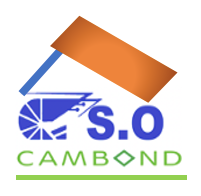
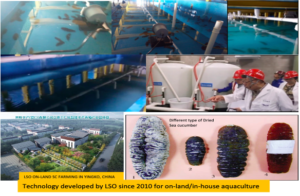
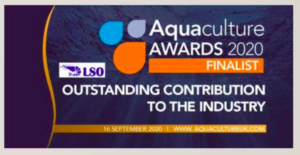
CHALENGES
Farming insects as a protein source is much more environmentally friendly than traditional livestock methods. Edible insects are nutritious and insect farming can provide a stable income to established farmers. However, the possibility of allergens, bacteria, pesticides and our natural aversion to bugs has hindered any real development of the insect protein market. Food waste (FW) is a global issue. Around 1/3 of food is wasted, causing pollution and increasing GHG and CO2 emissions, which contributes to climate change. Moreover, food insecurity prompts an important question – how can we feed a projected 10 billion people by 2050, particularly in light of the reducing agricultural land and overfishing in our oceans? Increased global food demand and environmental limits have caused prices of protein sources to rise. Is there a better protein source than that from insects, which can also be produced at scale ?
SOLUTIONS
Turn Waste into Taste
Innovation
We will build a “three-dimensional modularized, portable on-land farming unit, zero-emission, zero-polluting water recycling ecological sea cucumber farming system” in UK and China. The project is suitable for cities and regions with high population density and small land area. It directly contributes to the food supply chain, and at the same time serves as a model for promoting the development of UN’s green and low-carbon development climate action goal. The building materials used to build the module are derived from local rich biomass and food waste resource. We will develop and manufacture water-resistant, compression-resistant, and thermal insulation new composite engineering materials for the manufacture of on-site prefabricated building material for sea cucumber and shrimp farming with ecological building module systems. Through the Belt and Road Initiative from China, this project can be expanded to the world and provide the world with abundant protein resources.
Features of Innovation
• Integration with cross-discipline technologies
• Cost Saving for vertical farming in circular economy
• Fish friendly environment and Food Safety without using antibiotics and no
Microplastic contamination.
• Reduced risks due to on-land ‘Can See and Touch’ farming technology to act quickly in case of fish disease occurs.
• Sustainable business due to profitability of sea food down-stream processing
• Green and low carbon technology
• The demolished building modules can be moved and reused
• The modules can be set up and raised in any open space or abandoned site at low cost for the poor.


UN 17 Sustainable Development Goals
IMPACT
- LSOCAMBRIDGE TECH is committed to achieving the United Nations Sustainable Development Goals (SDGs). We believe that our long-term business success must be based on a broad understanding of value creation beyond solely financial return and profit.
-
Our seas and oceans are a vital resource, counterbalancing the effects of climate change by absorbing carbon dioxide and supporting over 3 billion livelihoods. We promote sustainability by on-land vertical aquaculture to reduce over-fishing and the unsustainable consumption of fishmeal and delivering zero-waste water and zero-microplastic contamination that can start supporting our marine ecosystems.
-
The preservation of our land is vital in order to ensure we can maintain our precious terrestrial ecosystem for generations to come. Our business offer sustainable on-land vertical module alternatives to save water and land comparing with other farming methods which requiring water and large areas of fertile lands. We can build a scale to support local employment and economy to achieve zero hunger and no poverty for good health and well-being. As our business has taken zero-waste approach to tackle the climate change, it is green to our land and environment for clean growth.
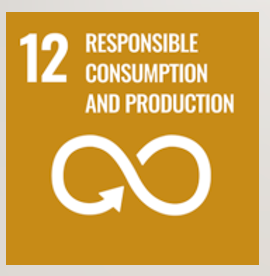
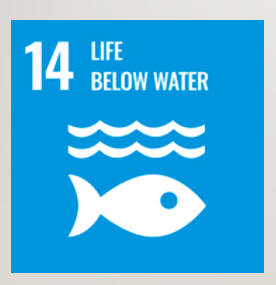
One thought on “WELCOME TO LSO CAMBRIDGE TECH”